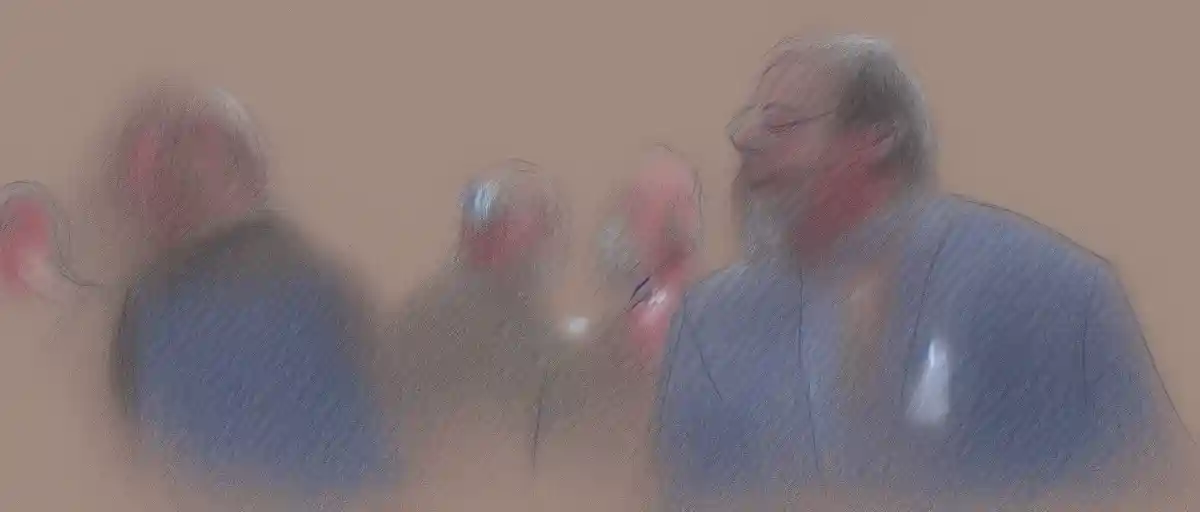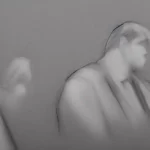You May Also Be Interested In:
Outrage as Governor Newsom Halts Death Penalty: Victim’s Father Calls Him Out
The decision by California Governor Gavin Newsom to place a moratorium on the death penalty has ignited a fierce debate on justice and the appropriate punishment for heinous crimes. Marc Klaas, the father of Polly Klaas, who tragically lost her life to a brutal abduction and murder, has openly criticized Governor Newsom’s actions, calling him a “pig” for implementing the moratorium and unequivocally stating that the death penalty should be enforced for specific horrific crimes.
It is undeniable that Marc Klaas’s opinion regarding the death penalty is deeply rooted in personal tragedy and his unwavering belief that the most severe crimes warrant the ultimate punishment. As an advocate for justice for victims and their families, Klaas’s perspective carries significant weight and should be acknowledged with respect.
However, it is vital to recognize that Governor Newsom’s decision has generated both support and opposition. Those against the death penalty argue that it is flawed and prone to irreversible errors. They contend that the costs associated with maintaining a death row, the potential for wrongful convictions, and the discriminatory nature of its implementation make it an ineffective and unjust system. They propose alternative forms of punishment that focus on rehabilitation and society’s greater good.
On the other side of the debate, proponents of the death penalty assert that it serves as a necessary deterrent against the most heinous crimes. They believe that it provides closure and justice for the families of victims, offering a sense of solace and retribution. They argue that certain acts are so vile and unforgivable that no other punishment can adequately address the severity of the offense.
It is essential to consider both perspectives when discussing the death penalty and Governor Newsom’s decision. The issue is not black and white; it is complex, emotional, and deeply tied to personal experiences and cultural values. While Mr. Klaas’s opinion emanates from his tragic loss and his unwavering commitment to justice, it is crucial to evaluate the broader implications of the death penalty and its potential flaws. Society’s commitment to fairness, human rights, and the prevention of wrongful convictions must be carefully weighed alongside the desire for retribution and closure.
In order to form a well-rounded understanding of this contentious topic, readers should actively seek out diverse sources and viewpoints, considering the complexities of the justice system, the potential for reform, and the ethical implications of the death penalty. Only through thoughtful reflection and open dialogue can we evolve and shape a system that aligns with our shared values of justice, compassion, and the pursuit of truth.
Here's A Video We Thought You Might Also Like:
Author Profile

- Hi there! I'm Victoria Sinclair, a seasoned journalist with a passion for uncovering the truth. I've honed my skills fearlessly diving into stories that expose corruption and shed light on important issues. I take pride in delivering unbiased news, breaking down complex stories into digestible information. With every breaking news report, I strive to bring you the facts with grace and authority. Thank you for trusting me as your go-to anchor!
Latest entries
 Breaking News2023.12.19Stunningly Train Collision Caught on Camera in Texas!
Breaking News2023.12.19Stunningly Train Collision Caught on Camera in Texas! Breaking News2023.12.19Thunderstruck Decision in Idaho Murder Case Motion to Dismiss Denied!
Breaking News2023.12.19Thunderstruck Decision in Idaho Murder Case Motion to Dismiss Denied! Breaking News2023.12.19Mind-boggling Revelation NYC Politician Caught Using AI Chatbot to Deceive Public!
Breaking News2023.12.19Mind-boggling Revelation NYC Politician Caught Using AI Chatbot to Deceive Public! Breaking News2023.12.19Incredulous Accusations School Principal Accused of Murdering His Family
Breaking News2023.12.19Incredulous Accusations School Principal Accused of Murdering His Family






